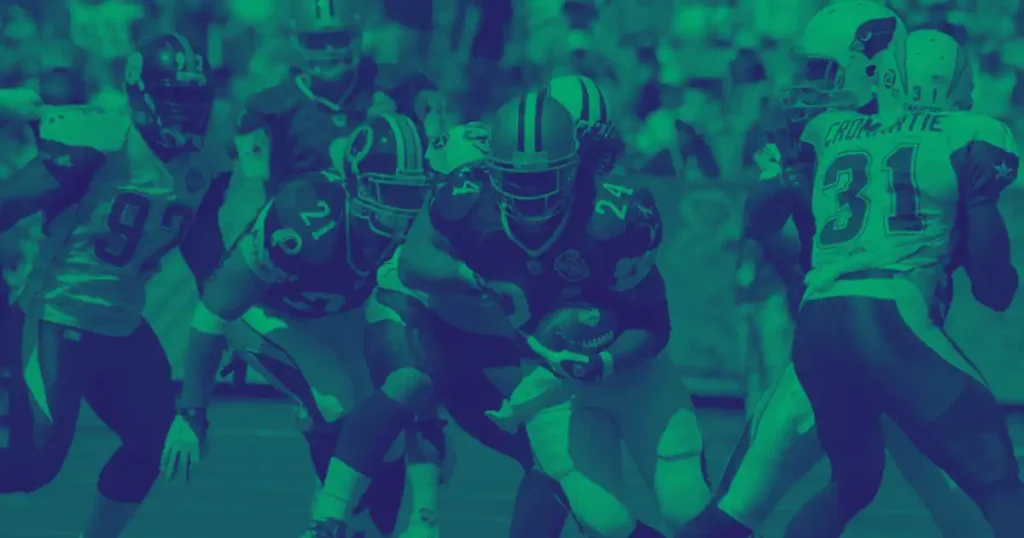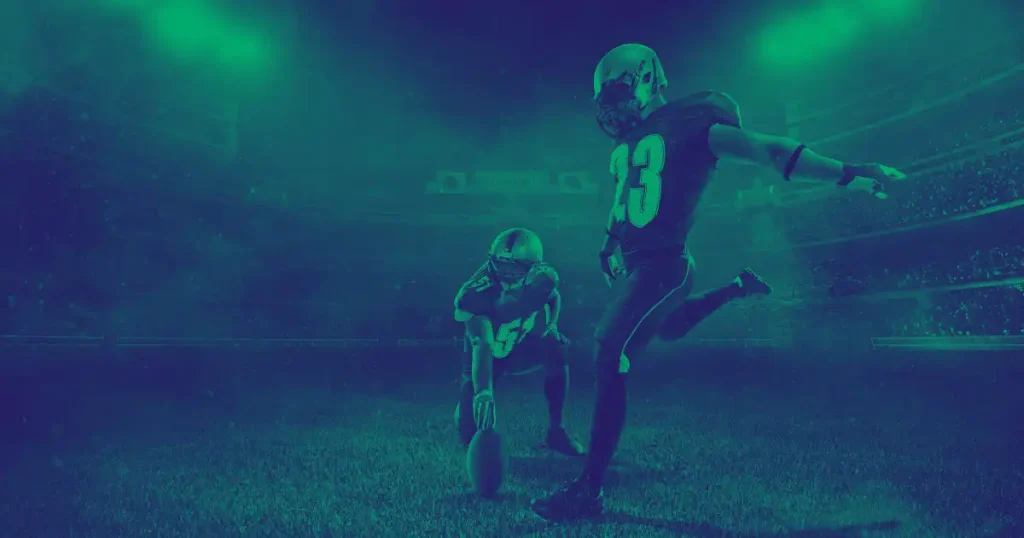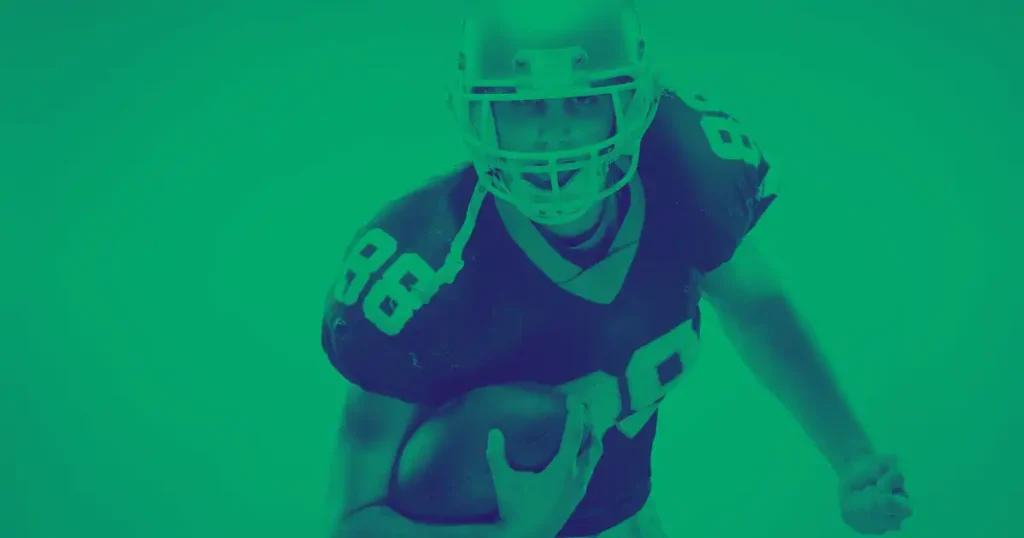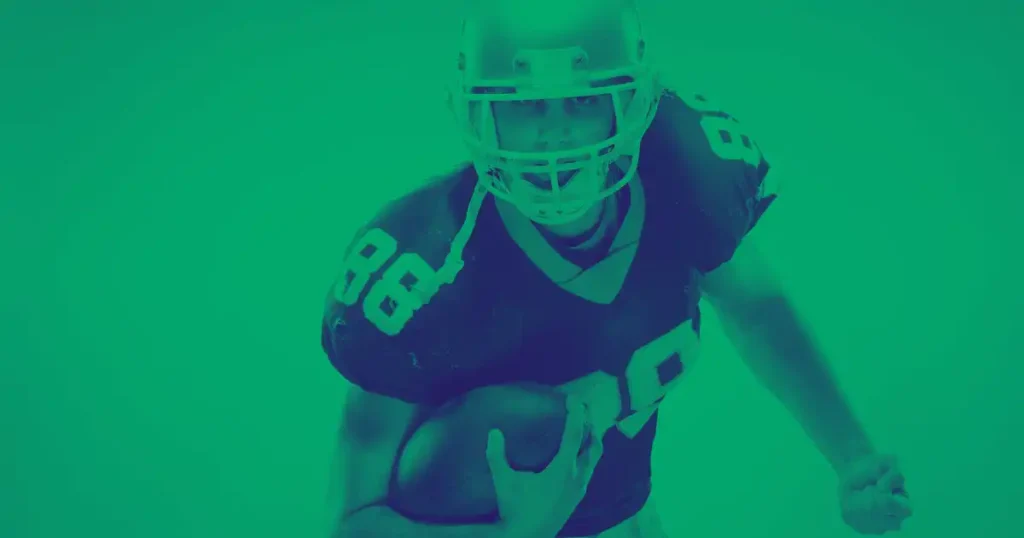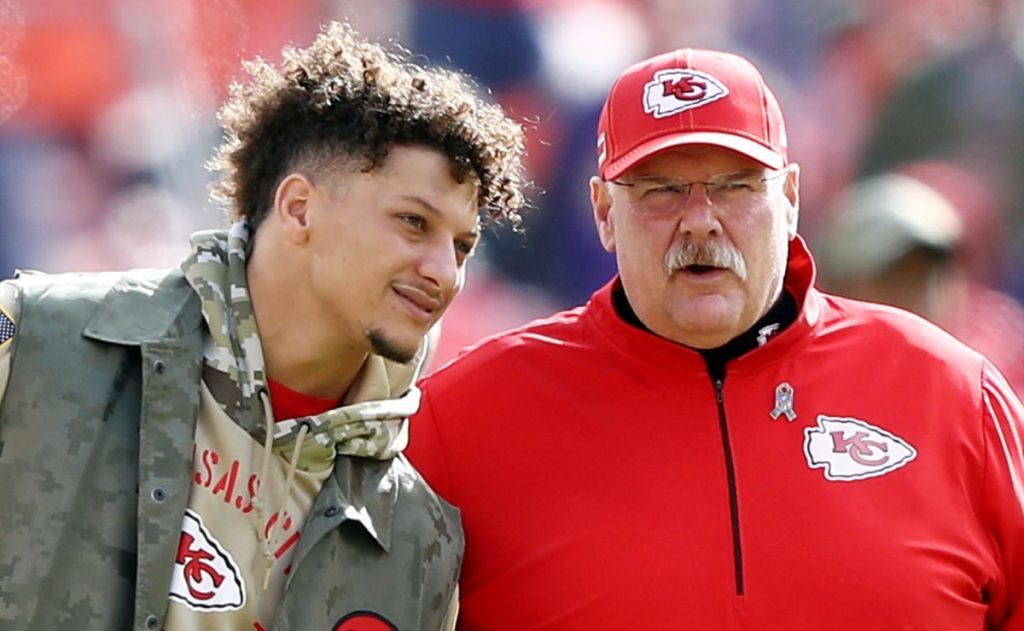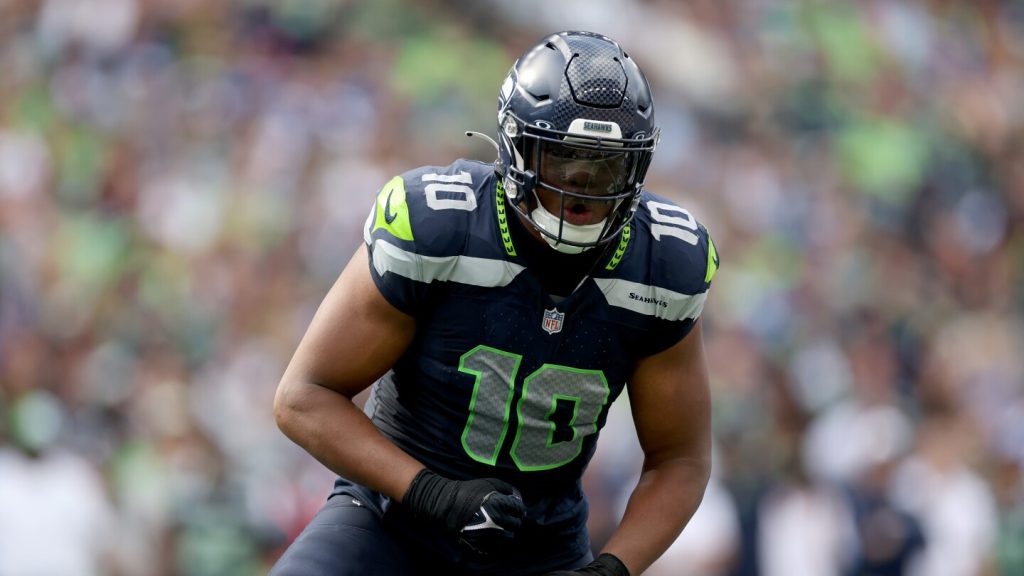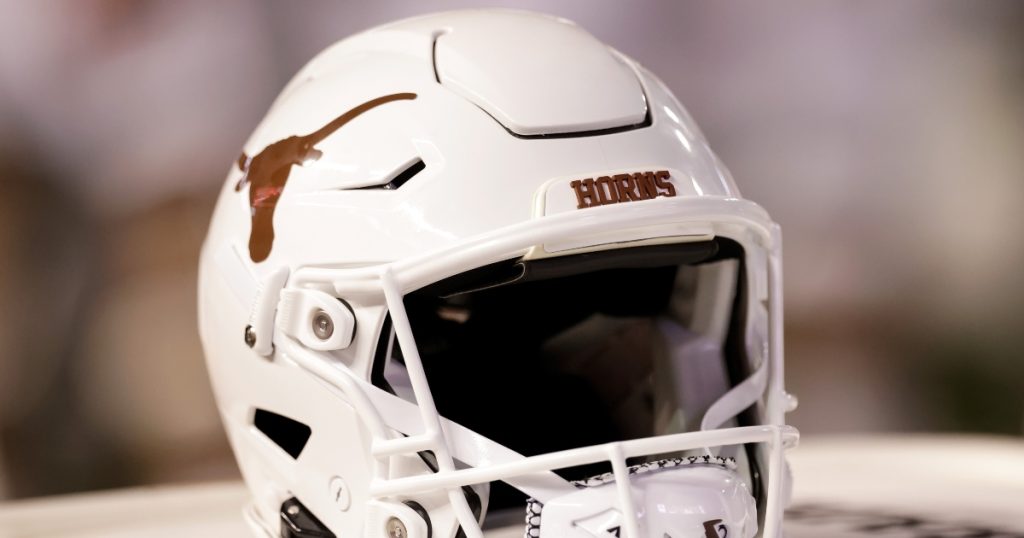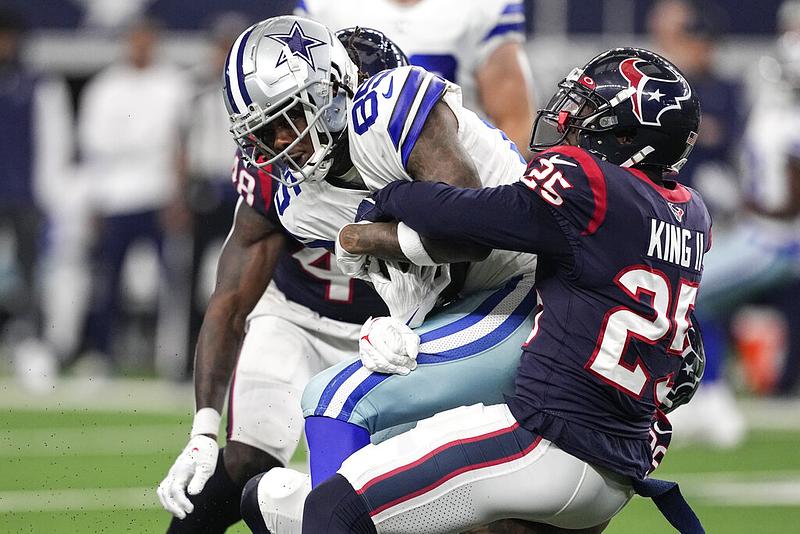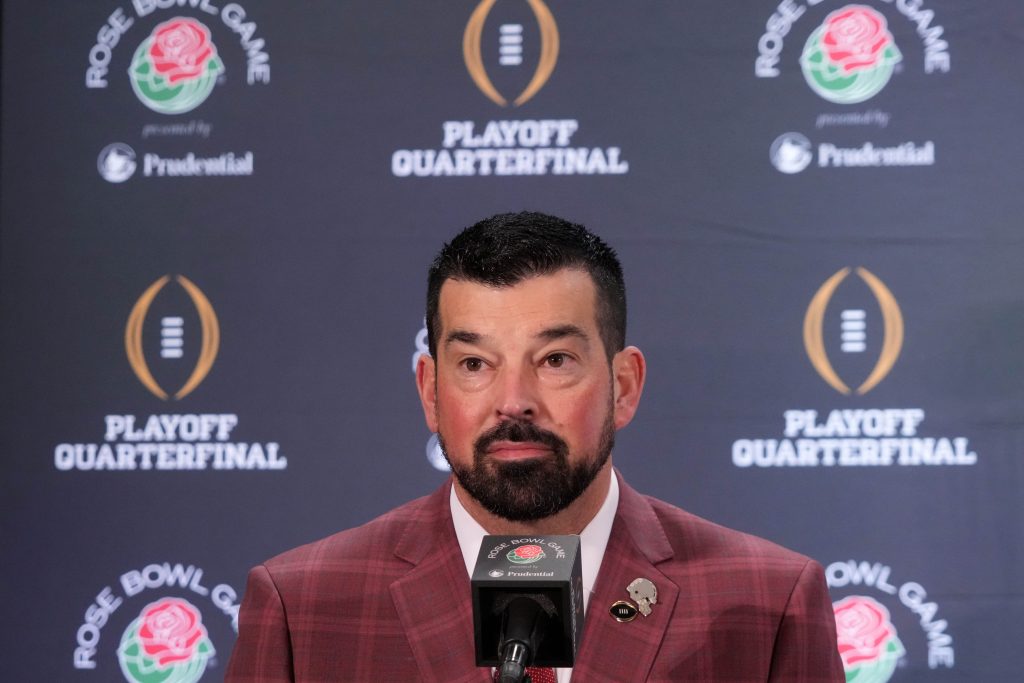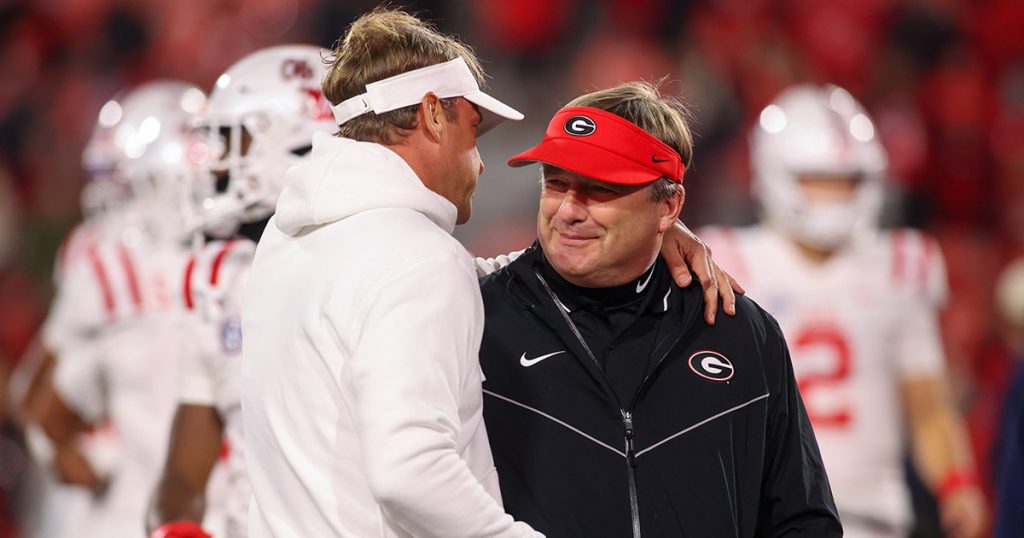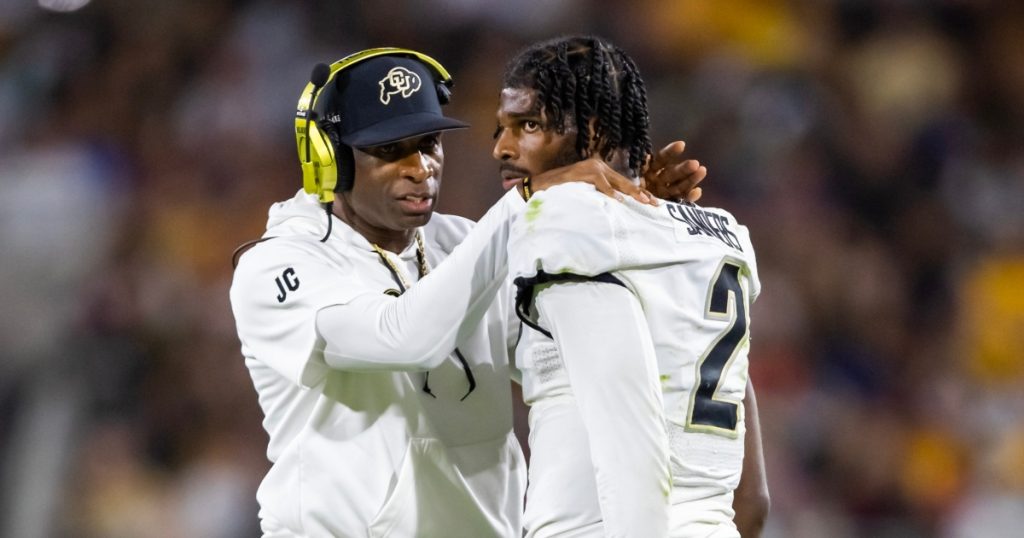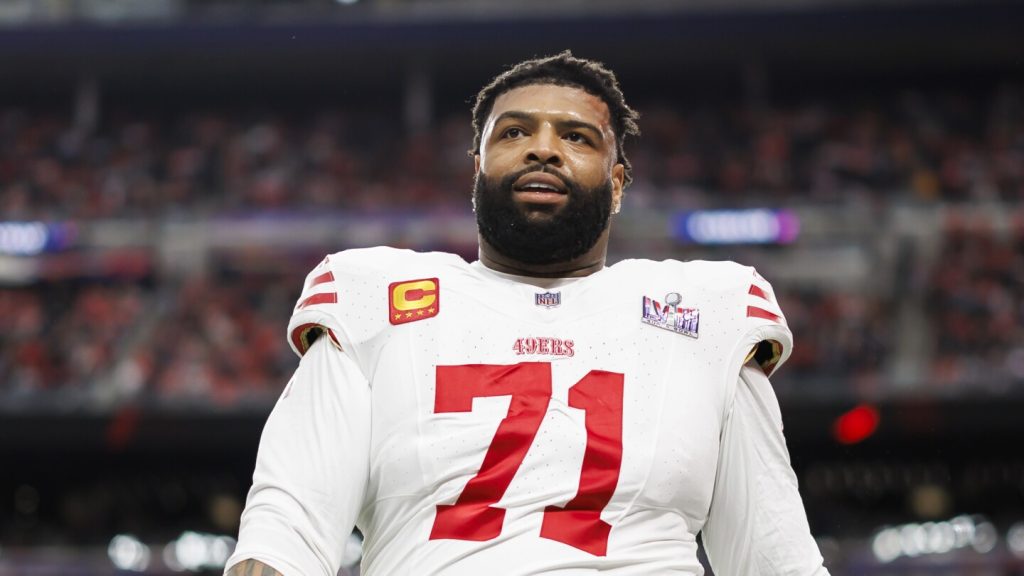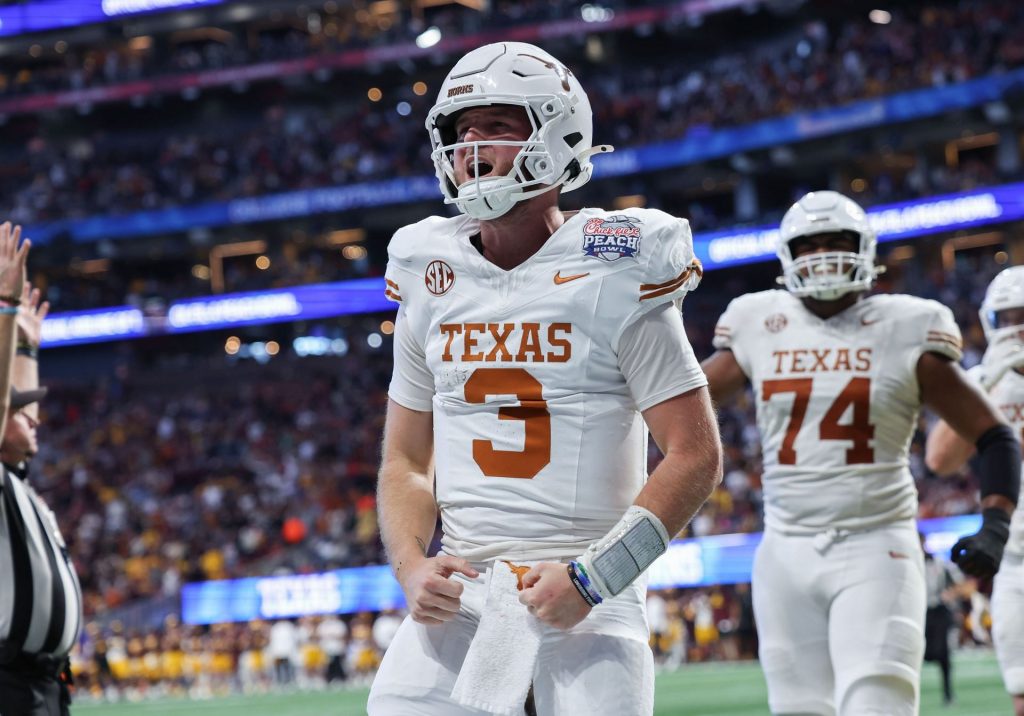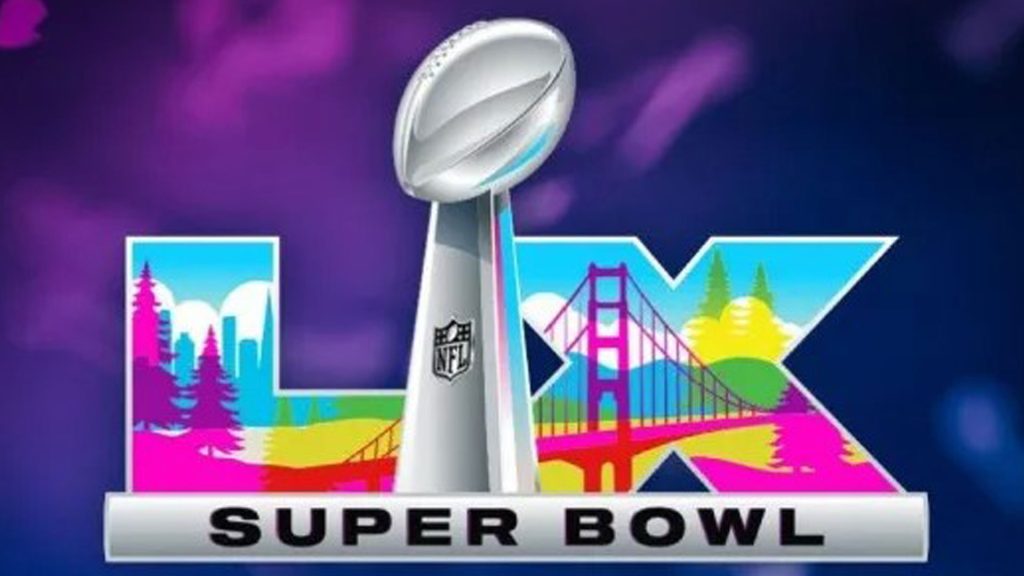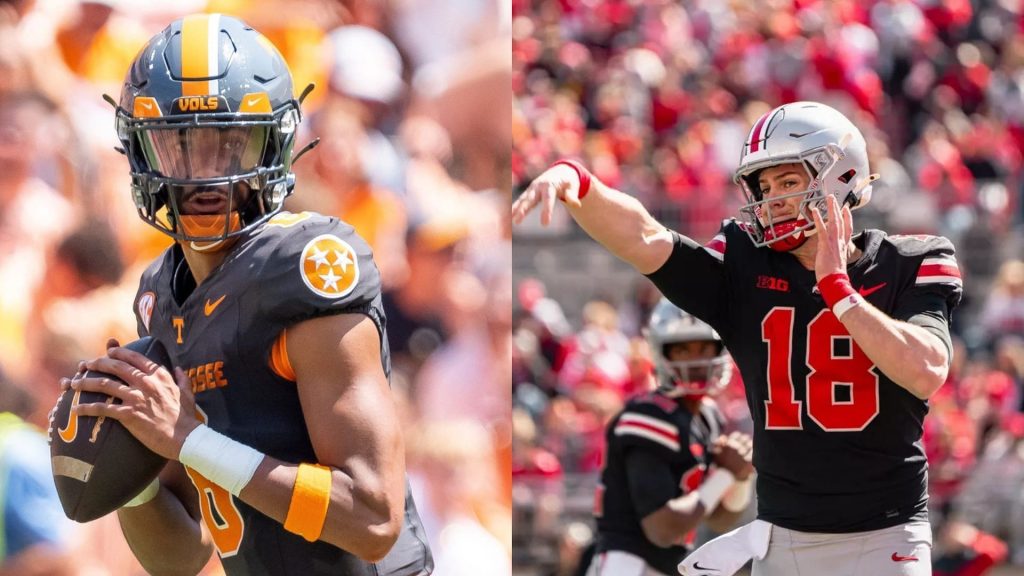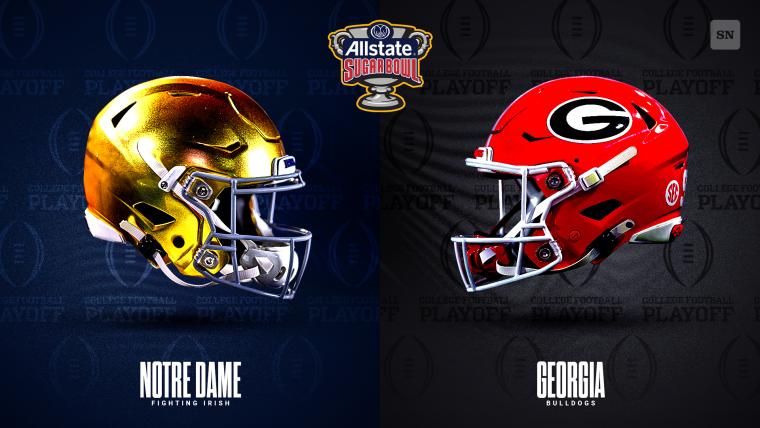If you’re passionate about NFL betting, understanding how odds work is crucial to making informed predictions and maximizing your winnings. NFL betting odds can seem complex at first, but once you grasp the basics, you’ll be able to place smarter bets with greater confidence.
Let’s dive into the fundamentals of NFL betting odds and explore how you can use this knowledge to improve your betting strategy.
What Are NFL Betting Odds?
Definition of NFL Betting Odds
NFL betting odds represent the probability of a particular outcome and indicate how much you can win if your bet is successful. They are set by sportsbooks and can vary depending on various factors, including team performance, injuries, and betting patterns.
Types of Betting Odds
There are three main types of betting odds you’ll encounter:
- American Odds: These are most commonly used in the United States and are expressed as positive or negative numbers (e.g., +150, -200).
- Decimal Odds: Popular in Europe, decimal odds represent the total payout (including your stake) per unit bet (e.g., 2.50).
- Fractional Odds: Common in the UK, fractional odds show the ratio of profit to stake (e.g., 5/1).
How to Read NFL Betting Odds
American Odds
American odds can be either positive or negative:
- Positive Odds (+): Indicates how much profit you would make on a $100 bet. For example, +200 means a $100 bet would win $200, plus your original stake.
- Negative Odds (-): Shows how much you need to bet to win $100. For example, -150 means you need to bet $150 to win $100, plus your original stake.
Decimal Odds
Decimal odds represent the total payout per unit bet. For instance, if the odds are 3.00, a $10 bet would return $30 ($10 x 3.00), including your original stake.
Fractional Odds
Fractional odds show the ratio of profit to stake. For example, 5/1 means you win $5 for every $1 bet. So, a $10 bet at 5/1 would win $50, plus your original stake.
How Betting Odds Are Set
Factors Influencing Odds
Sportsbooks set odds based on various factors, including team performance, player injuries, weather conditions, and public betting patterns. The goal is to balance the amount of money wagered on both sides of a bet to minimize the sportsbook’s risk.
Movement of Odds
Odds can change leading up to the game as sportsbooks adjust them based on new information and betting activity. Understanding these movements can provide insights into public sentiment and potential value bets.
Using Odds to Make Informed Predictions
Analyze Team Performance
Review team and player statistics, including recent performance, head-to-head matchups, and home/away records. This data helps you assess the likelihood of different outcomes.
Consider External Factors
Injuries, weather conditions, and other external factors can significantly impact a game. Stay updated with the latest news to make more accurate predictions.
Compare Odds Across Sportsbooks
Different sportsbooks may offer slightly different odds for the same event. Shopping around for the best odds can maximize your potential winnings.
Look for Value Bets
Value betting involves identifying odds that are higher than the actual probability of the event occurring. Finding value bets requires thorough research and a keen understanding of the sport.
Common NFL Betting Strategies
Moneyline Betting
Moneyline bets are straightforward wagers on which team will win the game. They are ideal for beginners and can be profitable if you can identify strong underdogs or confident favorites.
Point Spread Betting
Point spread betting involves wagering on the margin of victory or defeat. This type of bet levels the playing field between teams of different strengths and can offer higher payouts.
Over/Under Betting
Over/Under bets focus on the total points scored in a game. If you can predict whether a game will be high or low scoring, these bets can be lucrative.
Common Pitfalls to Avoid
Betting with Emotion
Avoid letting your emotions influence your bets. Stay objective and base your decisions on research and analysis.
Ignoring Bankroll Management
Effective bankroll management is crucial for long-term success. Set a budget for your betting activities and stick to it to avoid significant losses.
Overlooking External Factors
Failing to consider external factors such as injuries and weather can lead to poor betting decisions. Always stay informed and updated.
FAQs
What are NFL betting odds?
NFL betting odds represent the probability of a particular outcome and determine how much you can win if your bet is successful. They are set by sportsbooks and can vary based on various factors.
How do I read American odds?
American odds can be positive or negative. Positive odds (+) indicate how much profit you would make on a $100 bet, while negative odds (-) show how much you need to bet to win $100.
Why do odds change before a game?
Odds change before a game due to new information, such as player injuries, and public betting patterns. Sportsbooks adjust the odds to balance the amount of money wagered on both sides of a bet.
What is a value bet?
A value bet is a bet where the odds are higher than the actual probability of the event occurring. Identifying value bets requires thorough research and understanding of the sport.
How can I improve my NFL betting predictions?
To improve your NFL betting predictions, analyze team and player performance, consider external factors, compare odds across sportsbooks, and look for value bets.
What are common mistakes to avoid in NFL betting?
Common mistakes include betting with emotion, ignoring bankroll management, and overlooking external factors such as injuries and weather. Avoiding these mistakes can improve your betting success.
Understanding NFL betting odds is fundamental to making informed predictions and maximizing your betting success. By learning how to read different types of odds, staying updated with game developments, and employing strategic betting methods, you can enhance your NFL betting experience.
Remember to remain objective, manage your bankroll effectively, and always look for value in your bets. Happy betting!
















